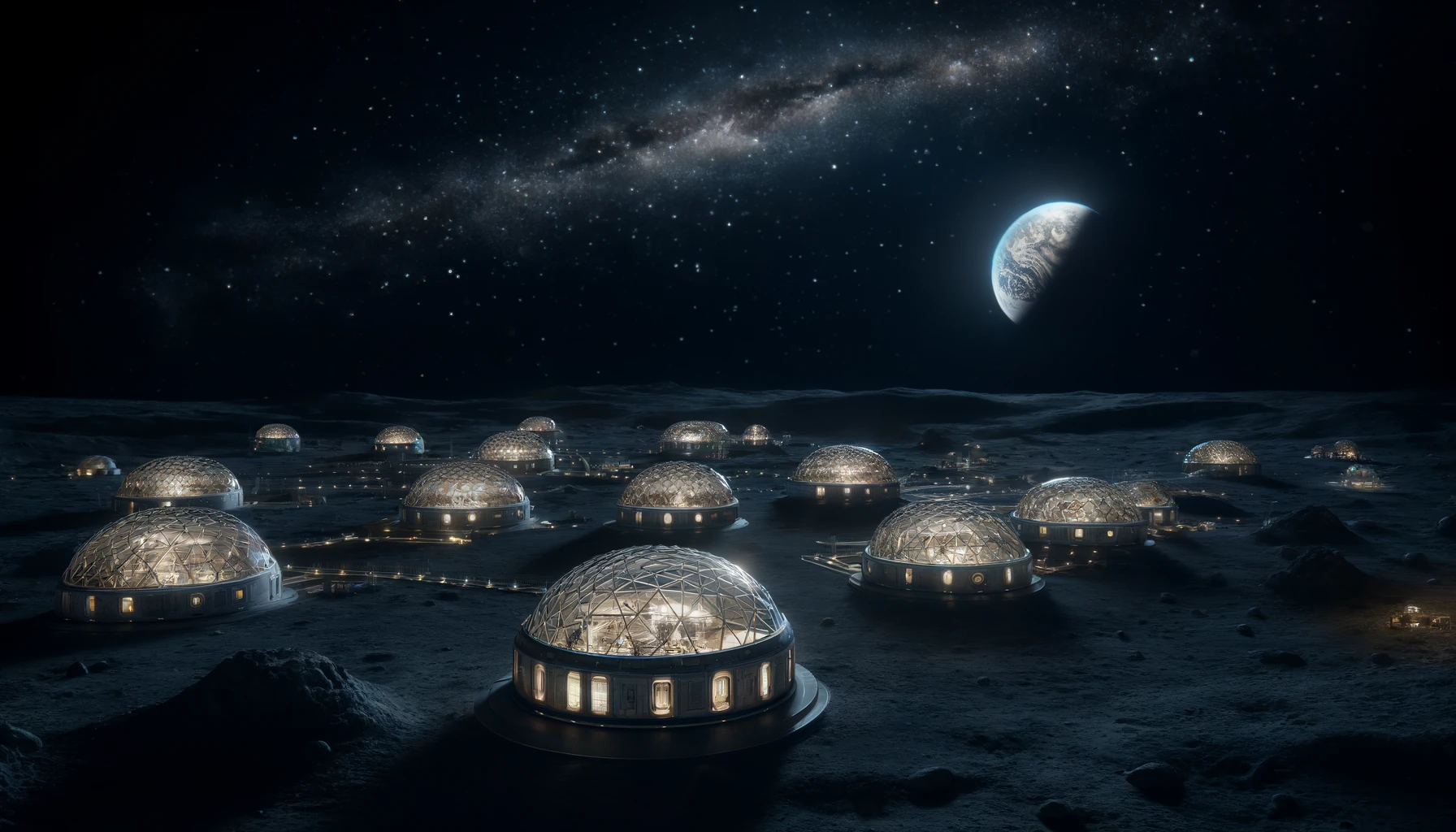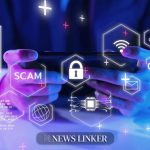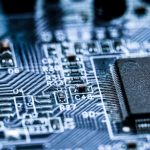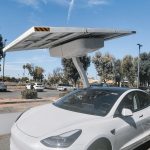NASA astronaut Jeanette Epps is set to speak with students from volunteer service organizations next week while aboard the International Space Station (ISS). This interactive session aims to inspire young minds and foster interest in space exploration. The event will be broadcast live, providing an opportunity for a diverse audience to engage with an astronaut in real-time. The effort underscores NASA’s commitment to educational outreach and the promotion of STEM fields among the youth.
The live Earth-to-space call with astronaut Jeanette Epps will be streamed at 11:40 a.m. EDT on Tuesday, May 21. Junior chapters of The Links, Incorporated, and the National Society of Black Engineers across the United States will participate by posing pre-recorded questions. The Links, Incorporated, a volunteer service organization, focuses on the cultural and economic well-being of African Americans and those of African descent. Their collaboration with NASA highlights the ongoing efforts to diversify and include underrepresented communities in space-related activities.
Event Details and Participation
Media representatives interested in covering the event are required to RSVP by 5 p.m. on Monday, May 20. This engagement allows students to interact with a NASA astronaut and learn about the daily operations and scientific endeavors aboard the space station. The event is part of NASA’s extensive outreach programs aimed at inspiring future generations of explorers.
Continuing Legacy of ISS
For over two decades, astronauts have continuously lived and worked on the ISS, conducting vital research and developing technologies crucial for future deep space missions. These efforts are instrumental as part of NASA’s Artemis campaign, which aims to send astronauts to the Moon and later to Mars. The ISS serves as a testbed for new technologies and as a platform for international cooperation in space exploration.
Inferences from Historical Data
Historically, NASA has been very proactive in engaging the public and educational institutions through various outreach programs. Previous events similar to the upcoming talk with Jeanette Epps have successfully drawn significant interest from students and educators alike. These initiatives have been instrumental in promoting STEM education and sparking curiosity about space among young learners.
Comparing past events, there is a noticeable pattern of leveraging astronauts’ experiences to provide real-world applications of scientific principles taught in classrooms. This not only makes learning more engaging but also gives students a sense of the possibilities that lie in pursuing careers in science and technology fields. NASA’s consistent efforts in this area have helped build a robust pipeline of future scientists, engineers, and explorers.
Key Takeaways
- NASA continues to prioritize educational outreach and public engagement.
- The ISS serves as a crucial platform for scientific research and technology development.
- Collaborations with organizations like The Links promote diversity in STEM fields.
NASA’s initiative to connect astronaut Jeanette Epps with students via a live broadcast from the ISS exemplifies the agency’s dedication to educational outreach and community engagement. This event not only provides a unique learning opportunity but also highlights the importance of space exploration in advancing scientific knowledge and technology. By involving underrepresented communities, NASA encourages a more diverse future workforce in STEM fields. These efforts are in alignment with broader objectives such as the Artemis mission, aiming for lunar and Martian exploration.










